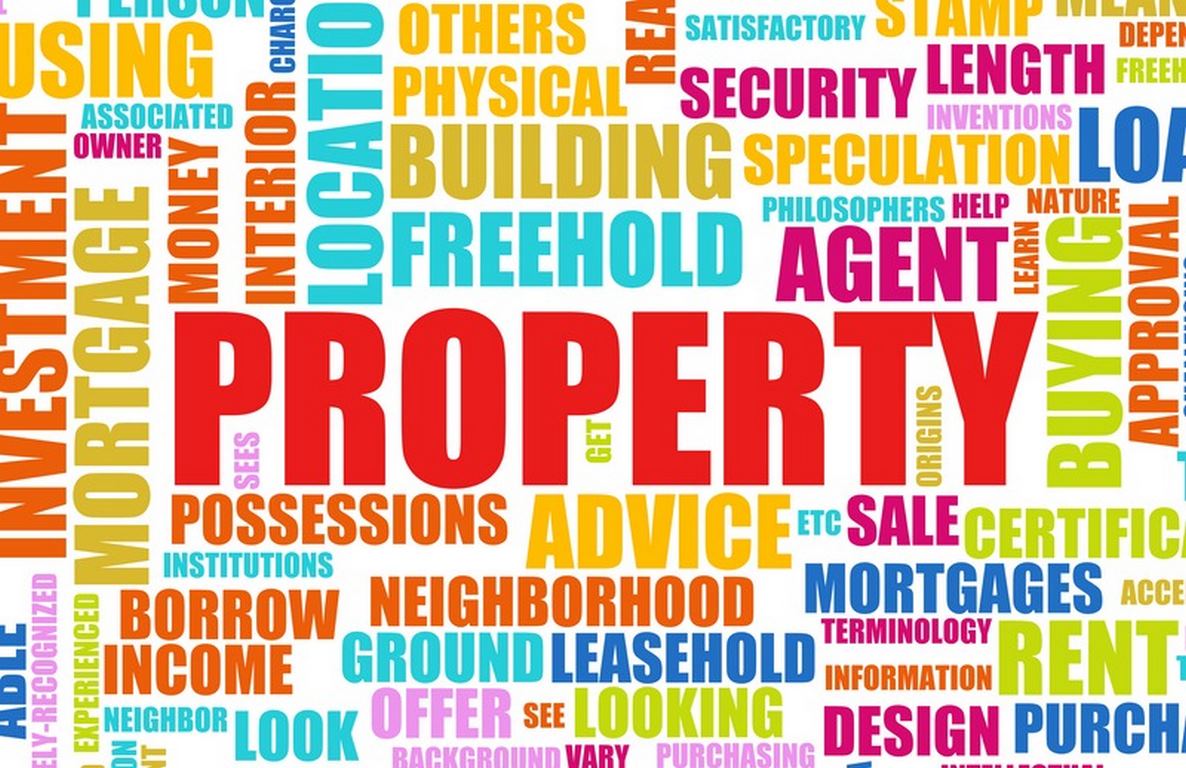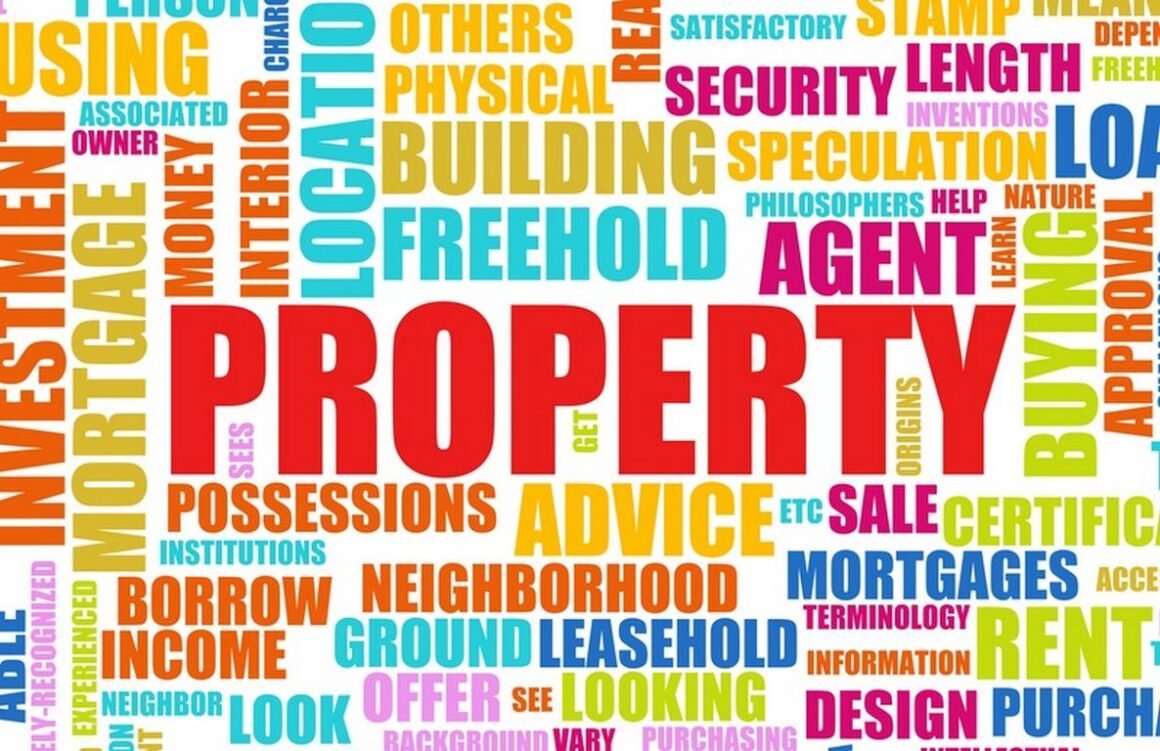Table of Contents Show
There’s plenty of property-specific jargon that can be misunderstood and complicated to those not directly in the property industry.

However, these terms and phrases are important for everyone to know, as they heavily assist in making the property buying, renting, and selling processes much easier and more understandable.
Here are some popular property words that you might not yet know the meaning of:
Freehold
An estate in land that is forever – that means you own it and nobody else. When you own the freehold of a property, you also own the land that it stands on.
Leasehold
When you buy a property on a lease, this means that the land is owned by someone else and they will let you live there for a fixed period of time (normally 999 years). This kind of arrangement normally comes with conditions such as ground rent or service charges which can be very expensive.
Most long leases are granted for between 125 and 999 years. Your lease specifies how much time remains before the property reverts back to the freeholder (less any time your lease has already been extended).
Read Also:
Ground Rent
If your property is leased (rather than sold) then you would have to pay what’s known as ground rent to the ‘Freeholder’. This is usually a very small amount but can become more expensive if you extend the lease.
Right of Exclusive Occupation
It’s basically an agreement between two parties that says that one party will not allow anyone else to live in their property – so it’s only them and their family. Please note this does not apply when your property is leased or shared with others.
Sole Agent
If an agency has been appointed as a sole agent then they are responsible for all tenancies on that particular development therefore there is no need for more than one agent.
Valuation
A valuation of a property helps determine how much something/somebody should be / cost. For example, estate agents will carry out valuations on properties they think may sell for more than what they are actually worth in order to get the listing.
Surveyor
A qualified person who provides independent advice on the condition of a property or works that have been carried out. Surveyors are used when buying and selling property, providing an impartial opinion on whether any remedial work is needed.
Grounds for Possession
If someone has breached their tenancy agreement by doing anything not stated in their contract e.g if they were given permission to have one pet but then brought several animals into the property without prior agreement it would be grounds for possession.
This is most commonly seen with tenants who bring unapproved pets into a rental property and therefore cause damage that needs repairing at their expense.
Disclaimer
A notice placed on a property report or opinion given by an expert which states that, given the information available at the time of examination (which may be incomplete), there is no reason to believe that an opinion cannot be given with reasonable care and skill.
A disclaimer adds that if such an opinion is subsequently found to be invalid then this does not imply that it has been given without due professional care or skill.
Negative Equity
When the value of your home falls below your mortgage and you owe more than it’s worth – i.e., its market value is less than what you owe on it. This can happen when house prices fall, interest rates increase or changes are made to your mortgage deal
Valuation Appraisal
An authoritative report on the value of a property, which is usually carried out as part of due diligence for development.
Ground Rent Valuation
The valuation was undertaken with regard to the impact of ground rents payable by an existing leaseholder. This valuation will establish what future rental payments may be expected based upon current rent levels and would be required if considering purchase or resale of the property in question under different ownership.
Such evaluations are determined utilizing information regarding similar recent sale transactions (or rental records) within the immediate vicinity, with consideration given to any special factors which might affect future rental expectations.
Share of Freehold
A share in freehold land is one where you own only a fractional interest in common areas e.g. shared driveway or gardens. This is normally associated with flats that are part of a building converted for this purpose, but not always.
Easement
The right to use someone else’s land for support, access, or drainage, is created by agreement between the affected owners.
For example, your neighbor may have the right to cross your land in order to get from one side of their garden to another and vice versa. However, they aren’t allowed to build anything on your land without permission.
Sole Tenant
When you’re sole tenant it means that you’re the only person named on the tenancy agreement and therefore the only person who has any rights over your property (although normally joint names are given). You would still be responsible for making sure rent is paid on time and that the property isn’t damaged, but any problems would be dealt with as they arise.
Lease
A legal contract that allows a tenant to occupy a property for a fixed period of time. After that period ends you normally have to give up possession of the property or sign another lease agreement – unless you’re a periodic/rolling leaseholder which gives you similar rights to those of an assured shorthold tenant.
Leasehold Enfranchisement Valuation
When you buy your home it may be on a lease (this will be stated on your title deeds). If you live in a flat and want to buy the freehold of all or part of it, you’ll need this valuation first.
This will set how much money is needed to procure either 100%, 50%, or 25% of the value of the property, depending upon what proportion of the freehold you’re buying. It will include the value of benefits such as ground rent or bills for communal areas which you’ll take on when you buy the freehold.
Commonhold
A commonhold is a type of ownership in which each flat in a block has its own title deeds but also shares with all other owners responsibility for certain parts of the building – such as shared hallways, lifts, and so on.
You own a share in commonhold land which is a fractional interest in the common parts of a building converted into a legal form of ownership. Commonhold was first introduced under the Commonhold Act 2002 and applies to flats, maisonettes, and other individual areas within dwellings.
To conclude, understanding specific terms makes it easier to understand real estate and makes the property world more accessible overall.
Whether you’re looking to purchase a new buy-to-let flat or reading through your lease, it’s important to understand what your rights and responsibilities are.










